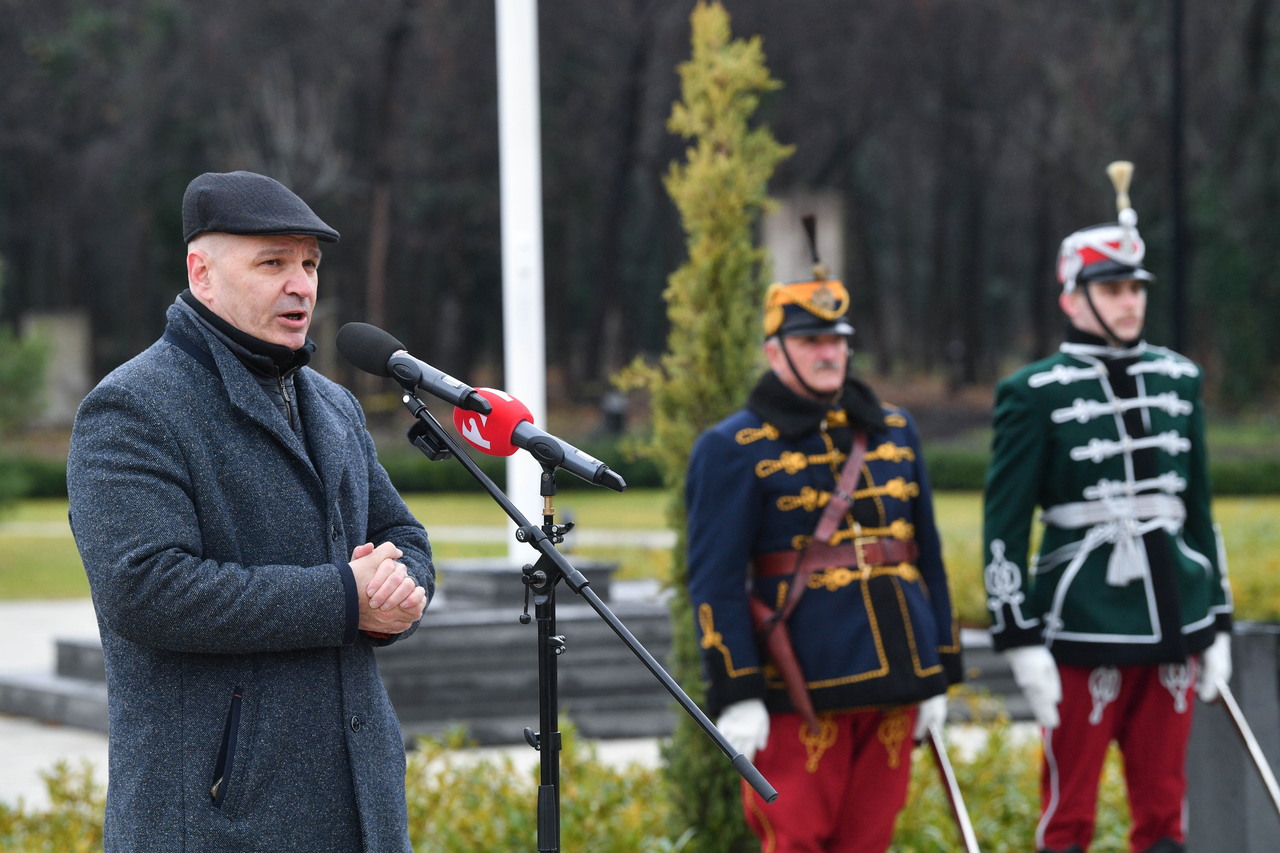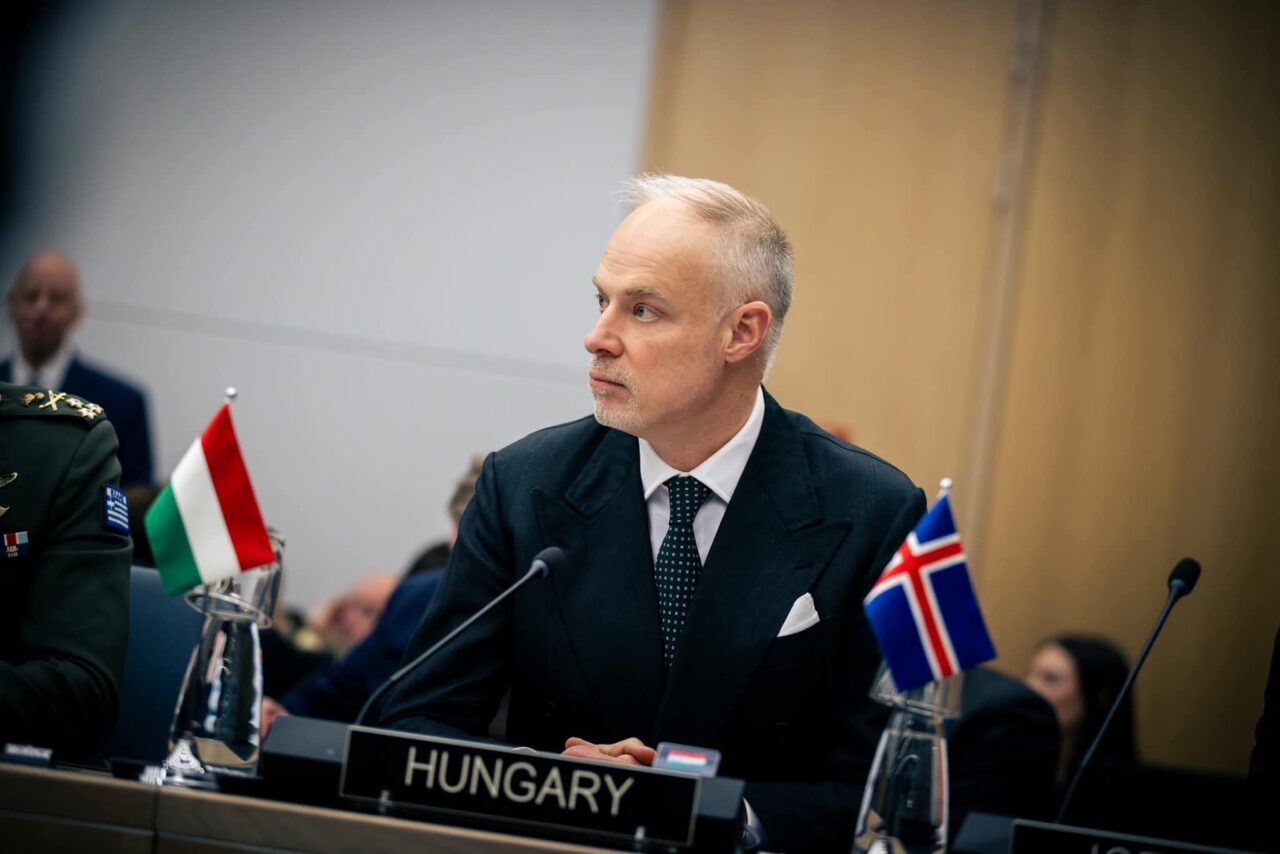Hungarian government official calls expats ‘traitors’ for leaving the country

In a controversial statement that sparked outrage among Hungarian expatriates (and much of the general public), László Töll, a military historian and government commissioner for military identity, branded Hungarians who settle abroad as “traitors”. Töll’s remarks were made during a lecture to cadets in Eger on 1 April, with the video surfacing on Eger TV’s YouTube channel days later.
Forget studying abroad or chasing dreams: you’re a traitor!
Töll, an army colonel and the head of the Institute and Museum of Military History, was appointed to his commissioner role last year by Defence Minister Kristóf Szalay-Bobrovniczky. His speech focused on the 1241 Battle of Muhi, but it concluded with a highly politicised and inflammatory statement that has since drawn significant criticism.

‘Leaving the country is betrayal’
As Magyar Hang reported, in the final minutes of his presentation, Töll addressed what he called a dangerous modern belief: that it is possible to live well abroad and start a new life outside Hungary. According to him, those who believe this are falling for a harmful illusion. He argued that Hungarians who died in historic battles, such as Muhi, did so not for their descendants to “just leave.”
“This is your land. They died so it would be yours,” he told the audience. “And if someone simply abandons this land, that is betrayal. Let me say this very bluntly, as an old soldier—I dare to declare it.”
While he acknowledged that people may have valid reasons for going abroad to study or work, he insisted they should return. “Your ancestors did not die over 1,100 years for you to give this land away or abandon it,” he claimed. “And whoever settles down abroad, their children and grandchildren will no longer be Hungarian. It never works any other way.”
Ministry response avoids the issue
Inquiries were sent by Magyar Hang to the Ministry of Defence regarding Töll’s statements. The ministry’s response, however, did not address the comments directly. Instead, it shifted the focus to a recent speech by Kinga Kollár, MEP of the opposition Tisza Party, who had spoken about the EU withholding funds from Hungary—a subject the government has recently used to launch a new wave of political attacks.

Rather than commenting on Töll’s rhetoric, the Ministry accused critical media outlets of attempting to divert attention from what it called the “Brussels-Tisza pact,” claiming that Brussels is deliberately worsening the quality of life in Hungary to help the Tisza Party gain power in exchange for supporting Ukraine’s EU accession.
Nationalist rhetoric aimed at young minds
Töll’s remarks have alarmed many observers not only because of their content but also because of the setting—an official military lecture given to Hungarian cadets. Critics argue that such nationalist and exclusionary narratives, presented as historical fact and moral imperative, serve to polarise and stigmatise a large segment of the Hungarian diaspora, many of whom contribute significantly to the country’s economy and cultural identity from abroad.
The comments also feed into a broader government narrative that casts emigration, EU integration, and foreign influence as existential threats—often to distract from domestic crises.
Read also:







